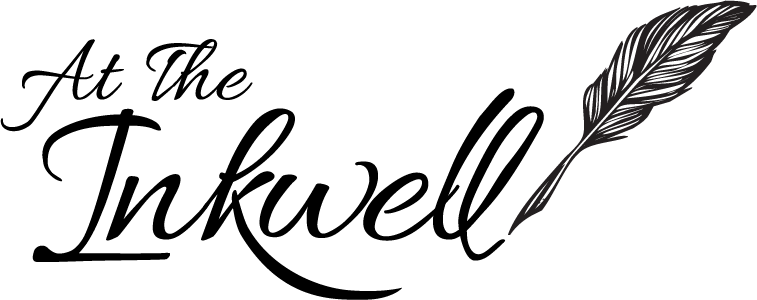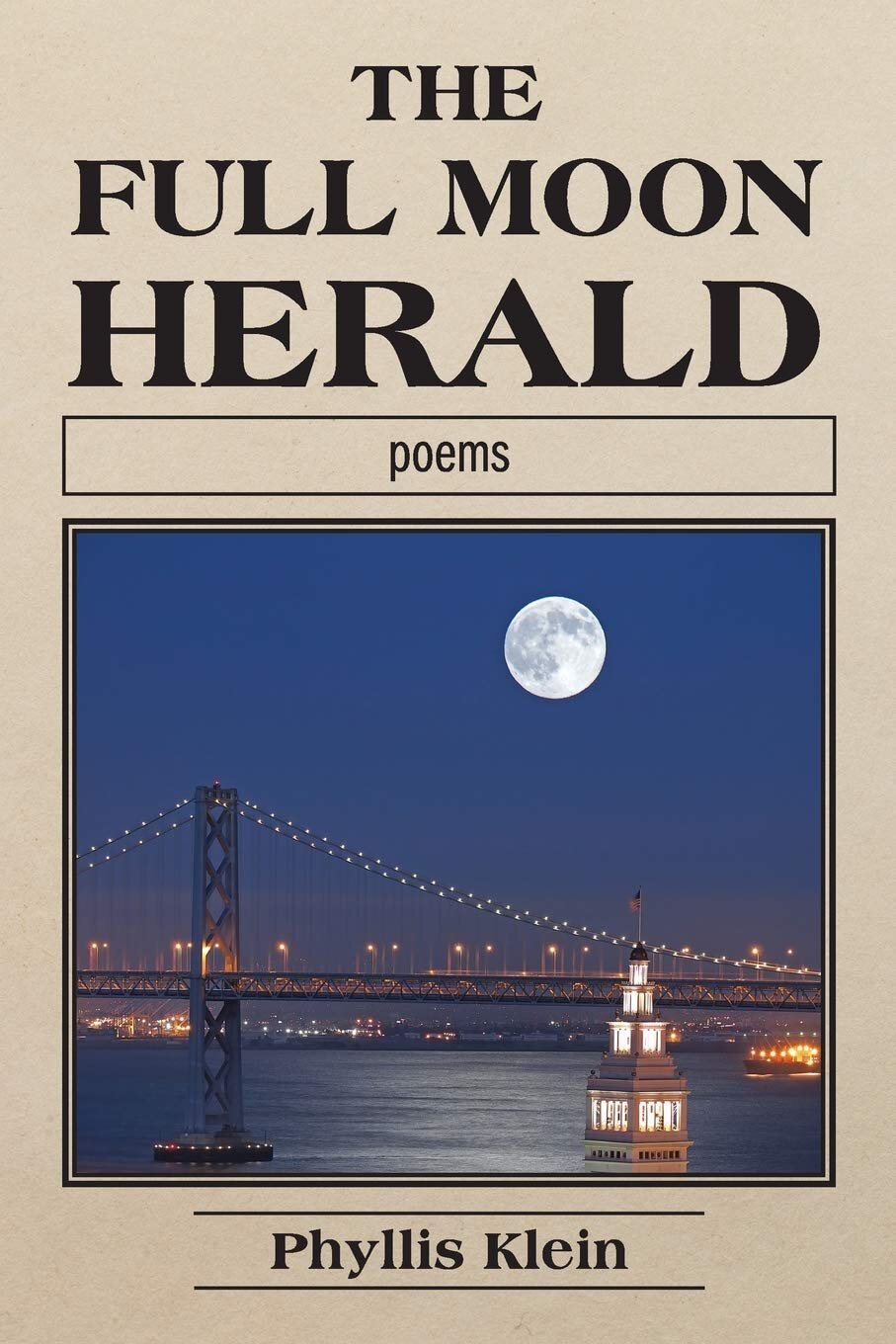The Full Moon Herald
The Full Moon Herald by Phyllis Klein, Grayson Books, $15.95
“How do you spread yourself wide/ enough to take her life in?”
In his groundbreaking 1985 analysis of media Amusing Ourselves to Death, Neil Postman writes the following:
“Now . . . this” is commonly used on radio and television newscasts to indicate that what one has just heard or seen has no relevance to what one is about to hear or see…There is no murder so brutal, no earthquake so devastating, no political blunder so costly…that it cannot be erased from our minds by a newscaster saying, “Now . . . this.” The newscaster means that you have thought long enough on the previous matter (approximately forty-five seconds)…and that you must now give your attention to another fragment of news or a commercial.
Postman wrote this passage thirty-five years ago but the phenomenon of “Now…this” has only proliferated since. The social media feeds of 2020 are filled with constant updates on the pandemic, protests, politics, dog pictures, shootings, etc. to the point where none of it seems as real anymore, even our connections to those affected by the events we’re reading about. Constant Twitter scrolling is taking the place of quiet contemplation and reasoned discourse, we have a wealth of information but a poverty of context. This is why I enjoyed Phyllis Klein’s new book, The Full Moon Herald, a poetic take on news and current events.
As indicated by the title, the book is structured like a newspaper. All of the sections of the book correspond to the sections of a newspaper such as National News, Crime, Arts & Entertainment, Obituary, etc. This is both an innovative book design and a fun way to read Klein’s work.
In the poems, Klein responds to current events. “No haircuts, no friends around the table,/ no doctor visits. It was going to work, buying,/ selling: all lost, or morphed into sitting/ in front of our machines of connection.” This is the new reality for so many of us, and Klein documents it well. The poems in this collection are a kind of emotional reportage. For example, “your refugee heart/ waits, displaced heart/ squeezed into a suitcase,/ hides under the mattress.” Throughout the collection, Klein is searching for the internal consequences of external events. This often leads her to write about the suffering of everyday people in an unflinching manner filled with emotional truth, “The parents, feverish in fear./ Standing at the ocean figuring if jumping in would/ be the best way to die.”
In this way, Klein provides a fine counterbalance to Postman’s “Now…this” phenomenon. In her poems, events aren’t just bits of information to be categorized, catalogued, and scrolled through. They are major disruptions to unique internal selves. We often forget the humanity of others amidst our own daily struggles, but Klein reminds us in part through her intricately created imagery. “Sharon died, and a great blue/ whale swam into the sky, hung on a red-tinged cloud.” In many of her poems, there is also a theme of connection. Lines like, “seeds to fly into us/ as we hold each other, as we speak through our roots/ the soft damp sky filled with birds calling” are the perfect antidote to the isolation so many of us feel under a dehumanizing barrage of information.
One complaint I have is that a few of the poems in this collection seem to be trying too hard to explain themselves. In some cases, as if offering the reader an explanation for their very existence. This was unnecessary and I did find it distracting. Klein was at her best when she allowed her depths of empathy to command the language with confidence.
For me, one of the most moving pieces in The Full Moon Herald was “Charlottesville Nocturne.” Klein writes:
“Today, hatred loose in the streets, in the air, dropped
out of pine trees, cones, seeds in the wind. The trees,
draped in shrouds, their offspring out gunning.
We watch the rise of a tyrant. You tell me, people
want to be good in their hearts. I’m no longer sure…”
In this poem, Klein explores the connections between events, the natural world, and our own human perceptions. The tragedy of what happened in Charlottesville in 2017 becomes more than just a one-night lead news story. It becomes part of our own lived experience and thus a great way to combat Postman’s “Now…this” phenomenon with sorrowful contemplation. This is something we will all need if we are to avoid a future completely controlled by reality TV personalities and game show hosts.
Benjamin Schmitt
An author of three books, most recently Soundtrack to a Fleeting Masculinity, Benjamin’s poems have appeared or are forthcoming in Sojourners, Antioch Review, The Good Men Project, Hobart, Columbia Review,and elsewhere. A co-founder of Pacifica Writers’ Workshop, he has also written articles for The Seattle Times and At The Inkwell. He lives in Seattle with his wife and children.


